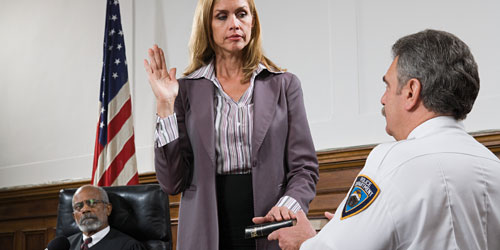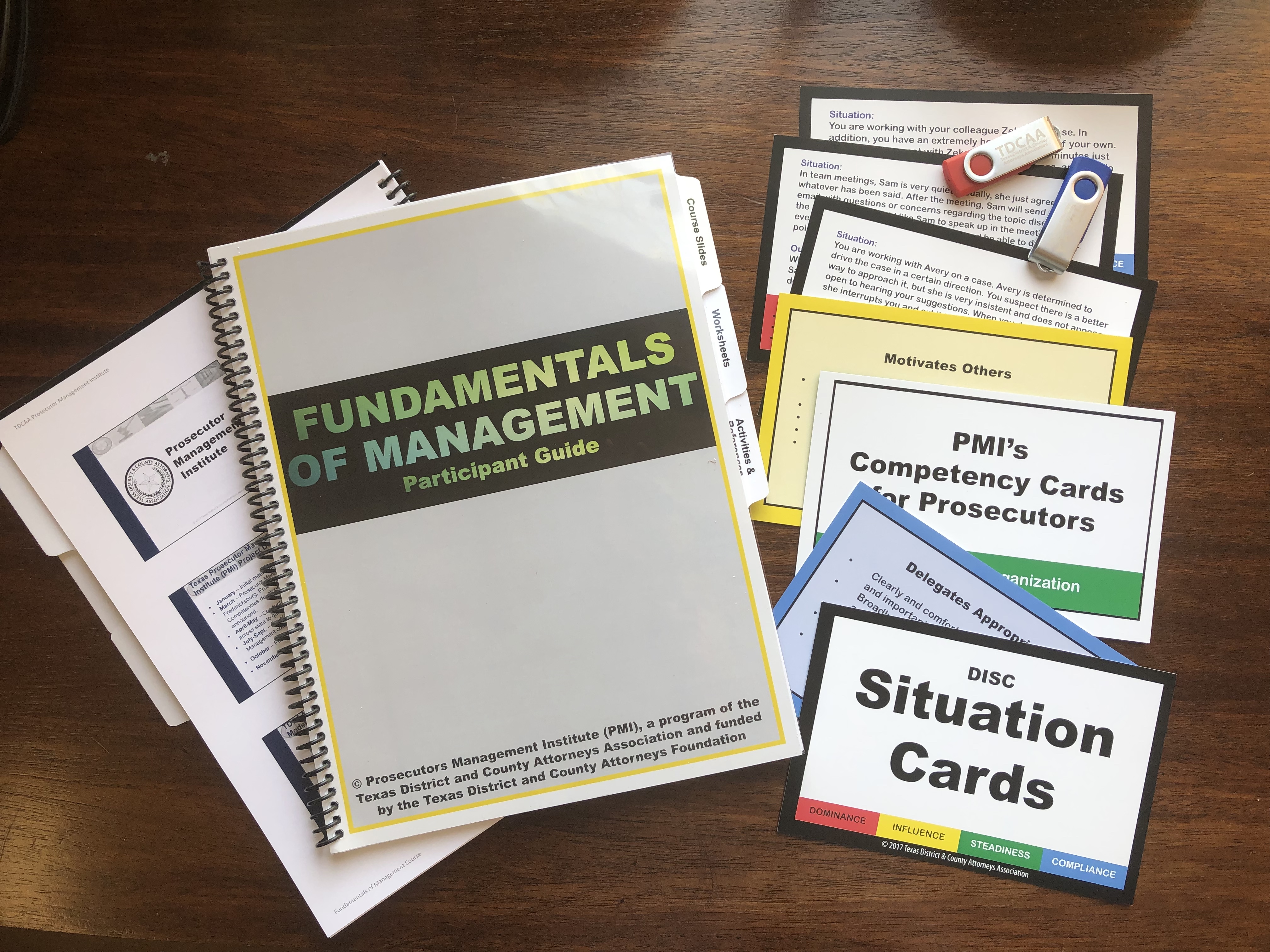Valentine’s Day is over, which means everyone around the capitol is about to “lose that lovin’ feelin’” as the real work will begin upon return from this upcoming three-day weekend.
House Appropriations takes on pay issues
The House Appropriations Subcommittee overseeing judicial branch funding met early this morning to discuss budget proposals in those areas. If you recall, the House’s initial version of the budget (HB 1) included both a temporary fix for assistant prosecutor longevity pay (to keep that program in the black for another two years) and a 10-percent increase in the state’s judicial benchmark salary that would apply across the board so that judicial (and elected prosecutor) salaries and supplements could be increased for only the third time in the past 20 years. These appropriations compare favorably to the initial Senate budget (SB 1), which included neither increase (although there are some encouraging signs on the longevity pay front going forward).
With that background, Chief Justice Nathan Hecht appeared before the subcommittee and testified on a variety of funding issues. Saving the salary issue for the end of his presentation, he thanked the House members for proposing a 10-percent across-the-board raise but then recommended they instead consider SB 387 by Huffman (R-Houston) as an alternative plan. If you recall, that is the bill we mentioned two weeks ago that would give certain long-tenured judges immediate salary increases—up to 30 percent for some—while leaving all prosecutors, regardless of tenure, stuck (perhaps for good) with the current benchmark salary. He also said that we can expect a House companion to SB 387 to be filed soon by Rep. Jeff Leach (R-Plano), the new chairman of the House Judiciary & Civil Jurisprudence Committee, and we expect both bills will be referred to the bill authors’ own committees for further consideration.
TDCAA’s Legislative Committee will meet next week to discuss these funding issues, so keep an eye out for an update on this topic next Friday, including potential recommendations for action from that group.
Property tax reform
Speaking of funding: Our friends at the Texas Association of Counties (TAC) are paying close attention to property tax reform bills that might constrain budgeting for local government services. The main measures to follow are SB 2by Bettencourt (R-Houston) and its companion, HB 2 by Burrows (R-Lubbock), which both seek to lower the current revenue cap on increased local government spending from eight percent to 2.5 percent (a local election is required for any tax increase beyond that). As proposed, SB 2 applies only to larger taxing units (e.g., counties, cities, school districts), but voters in smaller taxing units could opt-in to the lower limit via election. The topic has been named by the governor as an emergency item, so it is on the legislative fast-track right now, but opponents fear this cap reduction will negatively impact county budgets and the ability to properly fund core services, such as local criminal justice systems.
Numerous county and local officials testified against SB 2 when it was considered by the Senate Committee on Property Tax last week, noting that the bill does not provide any meaningful property tax relief and it does not reform school finance—the main driver behind tax increases—nor does it address unfunded mandates on counties, which are another significant cost driver for local budgets. Despite those objections, SB 2 was voted out of the Senate committee and may receive a floor vote soon. If you are concerned about the potential negative effects of this legislation on your office’s budget and want to get more involved, contact Laura Garcia with TAC’s Legislative Services Division. We lack the bandwidth to closely track this issue during the session, but TAC has a wealth of information about it on the TAC website, and you can work with them if you have concerns about it.
Death penalty legislation
Sometimes we (only half-)jokingly say that capital punishment is 1 percent of a prosecutor’s job but 99 percent of what the press wants to talk to prosecutors about. At some point this session that quip is bound to come true again, so here is what you can expect to see filed on this topic beyond the usual abolition and moratorium bills that rarely go anywhere:
- Pretrial determination of intellectual disability (aka mental retardation) by a judge to exempt those offenders from the death penalty (already filed as HB 1139 and SB 418)
- Pretrial determination of “severe mental illness” by a judge to exempt those offenders from the death penalty
- Exempt from the death penalty anyone convicted as a party co-conspirator who did not specifically intend to commit capital murder (HB 472)
- Inform capital juries of the effect of their deadlock if they cannot unanimously agree on any special issue
- Create an out-of-time motion for new trial that allows the prosecution and defense to re-open old cases and re-sentence offenders serving “unjust” sentences
- Create a State Defense Attorney counterpart to the State Prosecuting Attorney in Austin
In addition, bills have been filed to expand the death penalty so that it applies to murder victims under 15 years old (HB 261 and SB 719) and murder victims working as emergency services personnel (HB 1573 and SB 714).
Prosecutors wishing to have a say in what any of these filed bills look like as they move through the process should get involved sooner rather than later. If you have questions about them or how you can participate in their consideration at the legislature, contact Shannon.
Scattershooting
Here are some stories and articles we don’t have time to summarize, but they might be of interest to some of you:
- Santa Fe H.S. shooting survivors are expecting results from the Legislature (Texas Tribune)
- Will lawmakers fix the Driver Responsibility Program? (Texas Tribune)
- Legislature eyes state jail reforms (Texas Tribune)
New bills to watch
Through yesterday, we are tracking 743 (26 percent) of the 2,819 bills filed to date. Here is another list highlighting a score of interesting bills filed in the past week or so:
- HB 1528 by Rose, requiring the reporting of certain information on Class C family violence cases
- HB 1539 by Geren, reducing penalty ranges for tampering with evidence in certain cases
- HB 1580 by Phelan, expanding collection of DNA samples from certain accused felons
- HB 1609 by Tinderholt, making grand jurors’ names confidential but granting access to the press
- HB 1615 by Schaefer, requiring the state to disprove an “innocent owner” defense in forfeiture proceedings
- HB 1625 by K. Bell, creating the offense of false report of misconduct by emergency responders
- HB 1637 by Miller, requiring trauma-informed care training for lawyers who represent DFPS
- HB 1686 by R. Smith, mandating protective orders upon conviction for certain sex crimes
- HB 1713 by Ramos, requiring surrender of firearms upon conviction for certain offenses
- HB 1719 by Thompson, reducing penalties for certain marijuana and PG1 drug possession offenses
- HB 1721 by Israel, changing various alcohol-related offenses by minors into civil infractions
- HB 1787 by Geren, reducing penalties for certain habitual theft offenders
- HB 1791 by Krause, prohibiting local governments from restricting the licensed carry of a handgun on property owned or leased by that governmental entity
- HB 1811 by Murr, increasing boating while intoxicated penalties when BAC > 0.15
- HJR by Canales, exempting certain judges from the resign-to-run rule for other offices
- SB 735 by Watson, revising the statute of limitations for certain sexual assaults involving DNA
- SB 736 by Watson, allowing the admission of extraneous acts in certain sexual assault cases
- SB 782 by West, restricting an officer’s access to certain body-cam footage after an officer-involved shooting
- SB 821 by Nelson, relating to child advocacy centers and multidisciplinary child abuse teams
- SB 831 by Huffman, creating an offense for tampering with an electronic monitor while on parole
- SB 840 by Hinojosa, expanding the elements of continuous family violence
To read any bill, go to https://capitol.texas.gov/, enter the bill number in the appropriate field, and click “go”—then on the subsequent webpage, select the tab at the top of the page for the information (history, bill text, actions, authors, etc.) you want. And as always, you can contact Shannon or Rob if you are having trouble finding the information you seek.
Next week
Legislative committees will hold more organizational meetings, and a few will start hearing the bills that have been referred to them for consideration (although none of general interest to us yet); 100–150 new bills per day will be filed; and the Senate may try to take up SB 2 on the floor if it has the three-fifths vote threshold necessary to be considered.
As we mentioned last week, if you are serious about proposing new legislation, you need to get your bill idea into a legislator’s hand ASAP. The official deadline for filing a bill is Friday, March 8, but bills filed that late already have one foot in the grave.
Legislative rotation sign-up
If you are interested in coming to Austin this session, please contact Shannon for details on how to get involved. We have several slots available for prosecutors to come to Austin and help craft the laws and appropriations that directly impact you, so check your calendar and find a good time to come to hang out with us.
Domestic Violence Seminar
Registration is now open for TDCAA’s 2019 Domestic Violence Seminar. Whether you are new to prosecution or a seasoned hand, this course will cover practical skills you need to do your job today. From intake to advocacy, this is domestic violence training developed for Texas prosecutors and presented by Texas prosecutors. Join us in Georgetown, Texas, from April 9th to the 12th for this exciting training opportunity. For more information, please click here.
New DWI manual on the way
Thanks to funding from TxDOT, we are shipping copies of our new DWI manual to all prosecutor offices in Texas. The updated edition of the book has been reorganized to include more material on blood search warrants (and other ways to obtain blood evidence in an impaired driving case) as well as a new chapter on drugged driving. The manual includes up-to-date caselaw, and related documents and instructional videos are accessible on the TDCAA website. Books are shipped to each office based on the number of prosecutors indicated in TDCAA’s membership database. Additional copies may be purchased for $45 via the TDCAA website.
Quotes of the Week
“The Legislature is where ideas go to die. Or to be turned into something different.”
Ross Ramsey, Executive Editor of the Texas Tribune, in his column explaining why agreement among the leadership still does not guarantee a smooth ride for legislation like property tax reform.
“I don’t know if it’s 2.5 percent or not because I do know that puts a real stranglehold on our county officials, our city officials. But I do think they’re going to get comfortable with a number that’s less than 8.”
State Rep. John Zerwas (R-Richmond), chair of the House Appropriations Committee, on the prospect of lowering local government revenue caps this session.
“I cannot imagine the 2.5 percent [cap] will pass. The end game was to go with something so bad that those opposed will accept something lower than 8.”
State Rep. Donna Howard (D-Austin), describing how the debate over SB 2 is likely to play out in her chamber.
“His conviction is a victory for every American family who lost a loved one to the black hole of drug addiction.”
U.S. Attorney Richard Donoghue (ED-NY), on the recent conviction of former Sinaloa cartel leader Joaquín “El Chapo” Guzmán.
“[The FBI was better off when] y’all only hired Irishmen. They were drunks, but they could be trusted. Not like all those new people with nose rings and tattoos. Who knows what they’re doing?”
Comment attributed to former U.S. Attorney General Jeff Sessions, in a recent tell-all book by former deputy FBI director Andrew McCabe.
“More prosecutors does not simply mean more prosecution—rather, our charge is to seek justice. In fact, we believe a reasonable work-load will increase our diversion numbers, keeping individuals in the workforce and out of jail.”
Harris County DA Kim Ogg, in an op/ed explaining why she is requesting more prosecutors and support staff for her office. (The request was later denied after coming under fire from criminal justice reform advocates.)



